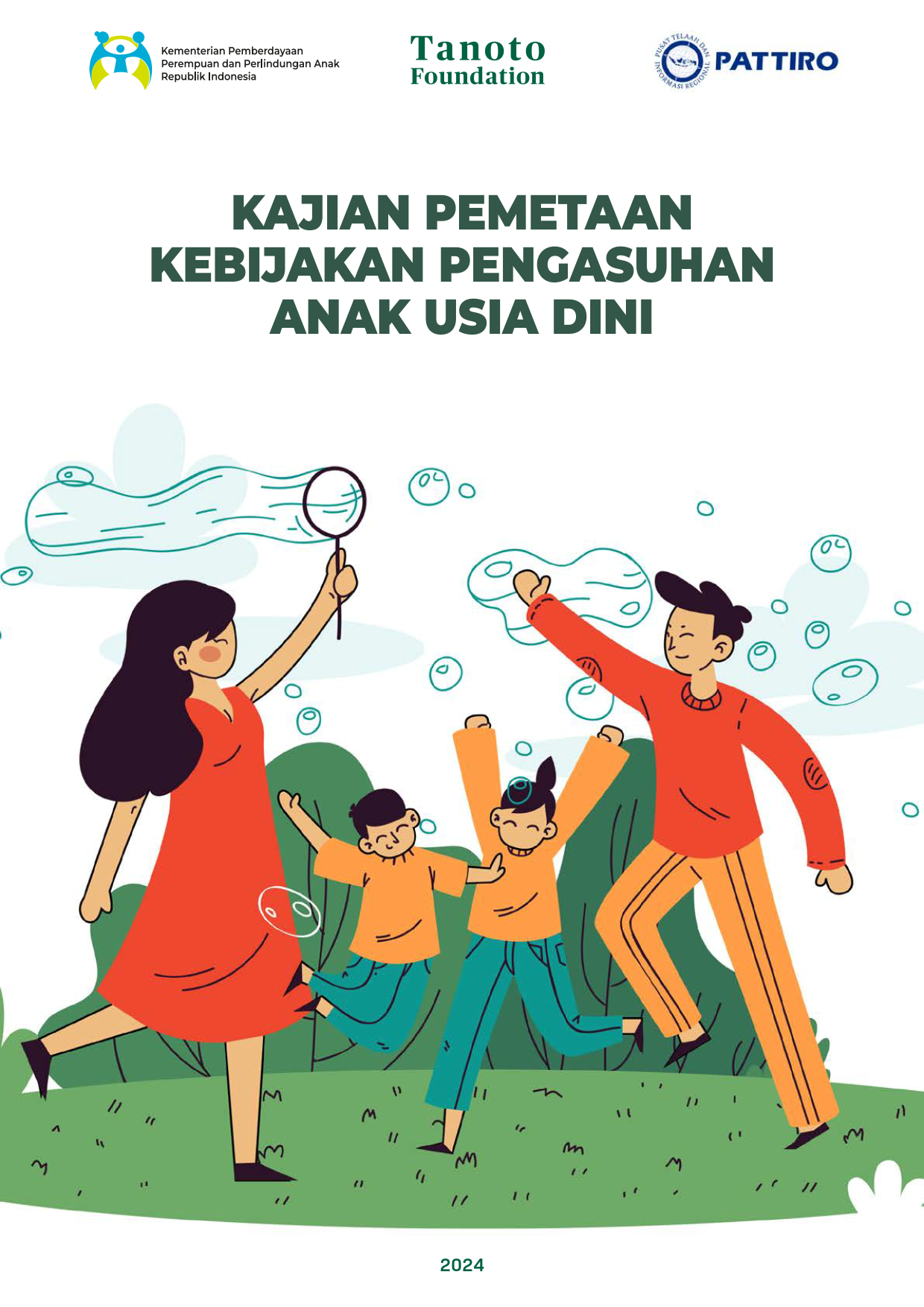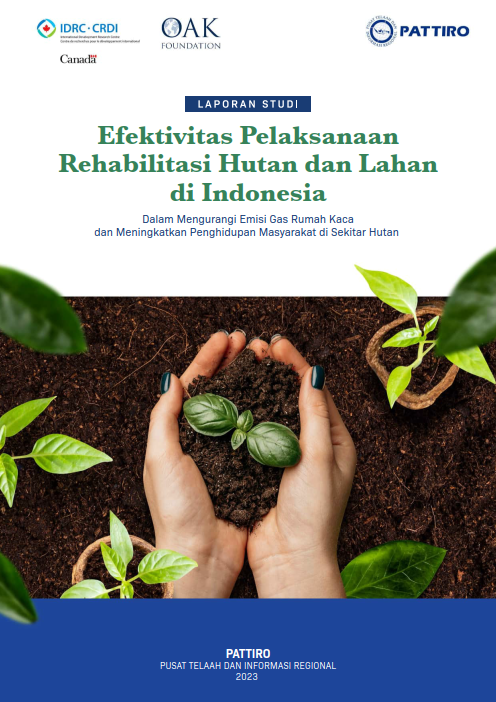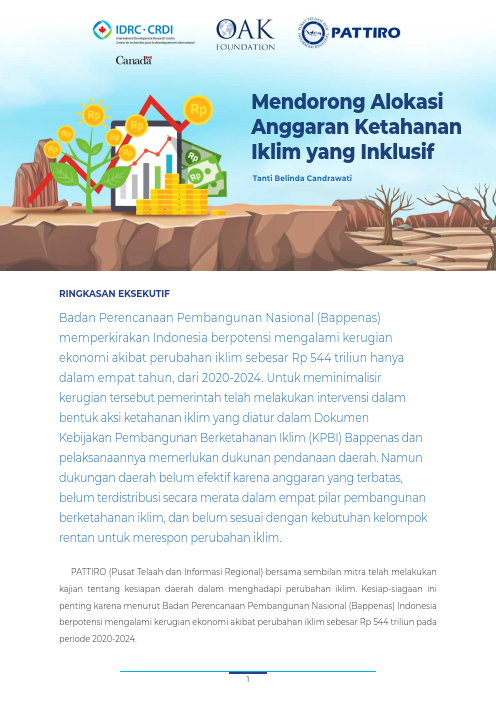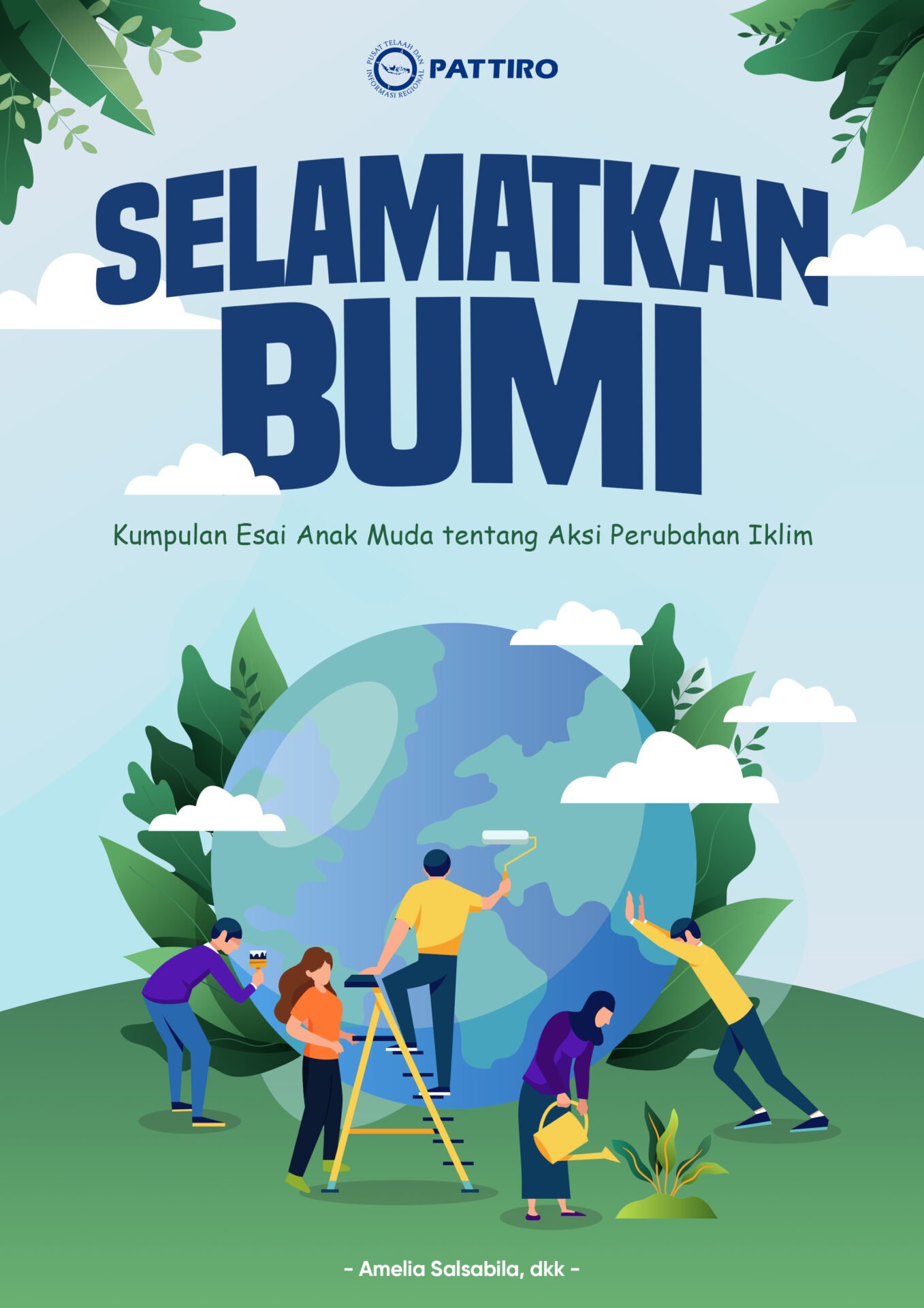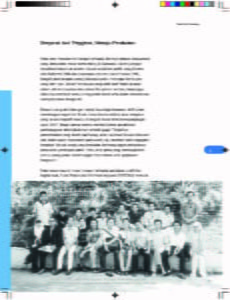
At the beginning of this millennium, hopes for the birth of a democratic society bloomed in Indonesia. Along with the many changes in the social and political situation brought about by the 1998 Reform and the implementation of regional autonomy in 1999, the hopes of the Indonesian people also rose to achieve a better life. The term “better life” does not only mean the fulfillment of primary physical needs, but also the recognition of the dignity of all people to participate in determining the direction of this nation’s journey.
Many ordinary people want to play an active role in developing this country. Not only because of the euphoria or desire that has emerged impulsively in the midst of a protracted crisis since 1997. But because they see that the development approach that has been implemented has proven to be a failure. Happening
a weak but corrupt government, as well as the fragility of the economic foundations and social culture of society at that time, provided evidence of this failure. Many people then hoped that the doors of public participation would soon open. Namely the doors that allow everyone to stand parallel to determine the direction of this nation’s journey.
At a time when expectations for public participation were so strong, the Regional Research and Information Center (PATTIRO) started its journey. PATTIRO wants to be actively involved in contributing to the achievement of this hope. PATTIRO views that in order to achieve this expectation, there are two approaches that can be taken. The first approach is to enter into the community to carry out empowerment and critical education for the community. With that, it is hoped that the potential for participation within the citizens will grow and develop. The second approach is to enter into the system. And offer alternatives for updating the public decision-making system. PATTIRO started with the first approach at the beginning of its activities, namely in the 2000s. Then two years later, PATTIRO also started doing the second approach, without leaving the first approach. Until now, efforts to strengthen the capacity of citizen participation have been carried out together with advocacy for changes to the public decision-making system.

